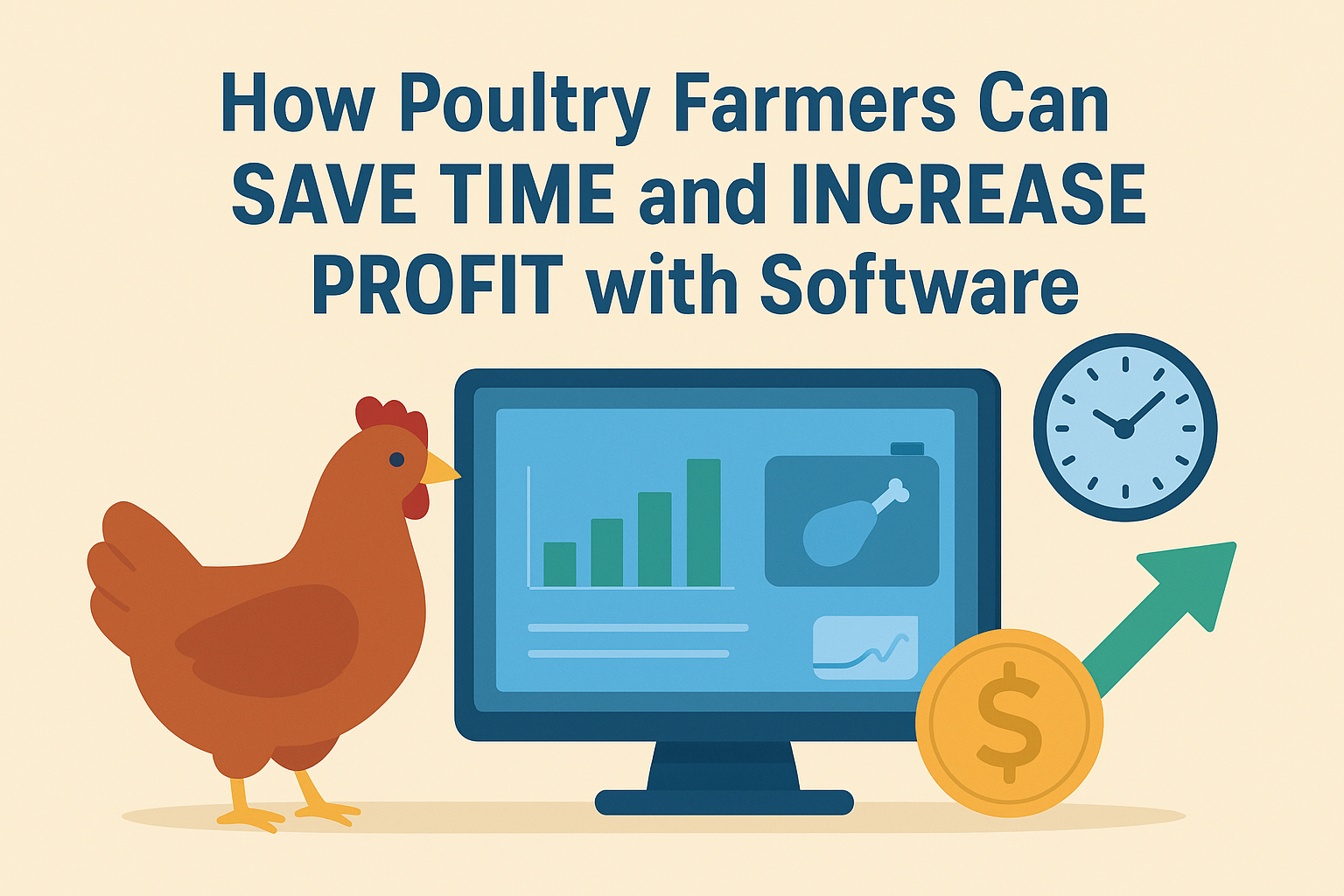It is undeniable that poultry farming has grown in popularity around the world. It is a potential agribusiness venture, but poultry farmers must arm themselves with the necessary poultry farming knowledge in order to maximise their returns. I want you to understand that poultry farming is a bit difficult. Poultry producers confront several obstacles, but disease outbreaks are the most feared.
When everything is going well, you may notice that your birds' daily egg output is decreasing. This is a major matter that should not be treated lightly since it impacts profitability.
A healthy hen should begin laying eggs at 18-22 weeks of age and should reach optimum egg production 6-8 weeks later. If there is a significant variation in the projected peak of egg production, something is to blame. This article will go through the numerous causes that contribute to a decrease or reduction in egg production, as well as possible repairs or solutions.
Egg Production Causes in Poultry Production
Change and Stress
One of the key causes of a decrease in egg production is due to these two factors. Most laying hens are impacted by rapid changes in their regular pattern, such as a change in pen or nesting box location, which throws layers off-balance and reduces egg output. As a result, poultry producers should avoid touching or moving their birds after they begin producing eggs.
Rooster removal or introduction of new birds into the flock
When you bring a whole new chicken into your flock or remove the roosters from a certain flock, you give the layers the sense that their keeper is up to something (a type of coup d'état). As a result, you should avoid doing so whenever feasible.
Overcrowding, Weather Change, Feed Composition, and Feeding Time
Expect a decrease in egg production when you overstock, when the weather changes, or when you modify the mix of your feed or the time you regularly feed your laying chickens. Poultry producers should be on the lookout for extreme temperature fluctuations, such as overly hot or cold temperatures in enclosures or nesting boxes. The litter liner of the litter should be replaced every day in this scenario. Similarly, avoid any abrupt changes in the time you feed your laying hens, as well as any needlessly modifying their feed mix.
Noise and Dim Lighting
Noises or the sight of predators are always frightening to birds. It is apparent that hens prefer just the loud distinctive cooing sounds emitted when they are going to lay their eggs. Furthermore, a reduction in illumination time has a negative impact on chickens' perception of day length. Scientifically, the length of exposure to daylight has an effect on egg production. This indicates that brighter illumination encourages egg production. Laying hens should have access to appropriate illumination for at least 14-16 hours every day.
Unhealthy or unbalanced diet
A poor diet has a negative impact on egg production. Hens require a diet high in calories, protein, and calcium. Don't let these three nutrients go unnoticed in your laying birds' meal. They should also be fed a nutritionally balanced diet. You may also add egg production stimulants to your drinking water. These boosters contain minerals and amino acids that are essential throughout the laying stage.
broodiness
Egg production is usually reduced as a result of broodiness. Broodiness is a normal and inherent trait of laying hens. This habit, however, may be avoided by increasing the artificial lights in the laying pen.
Infections and parasitism
When laying chickens are bothered by parasites like worms or disorders like Newcastle Disease, their egg output suffers. If you detect a decrease in egg production, check to determine if the birds are healthy or if they have been afflicted with illnesses, and then take the appropriate action. Deworm your birds on a regular basis and dust them to keep ectoparasites like lice and fleas at bay.
As the egg production performance of your flock improves, your profits will also improve. This is why, if you see a decrease in your flock's egg production, you must act.





